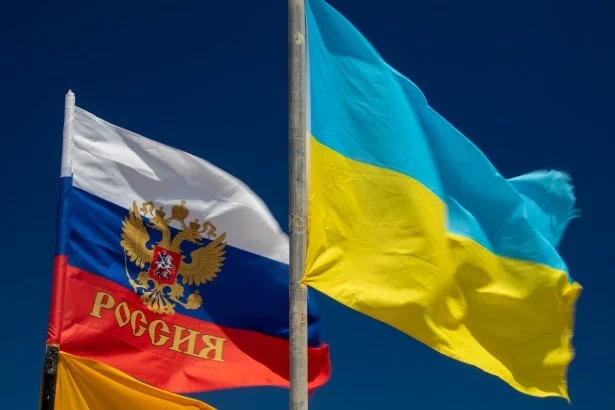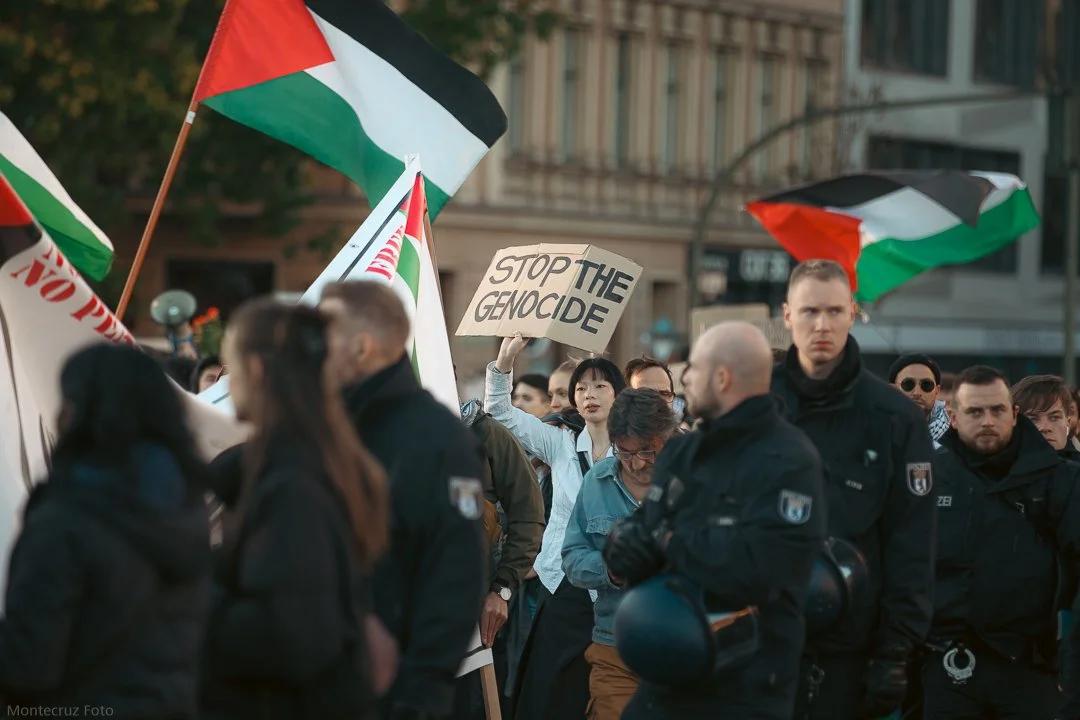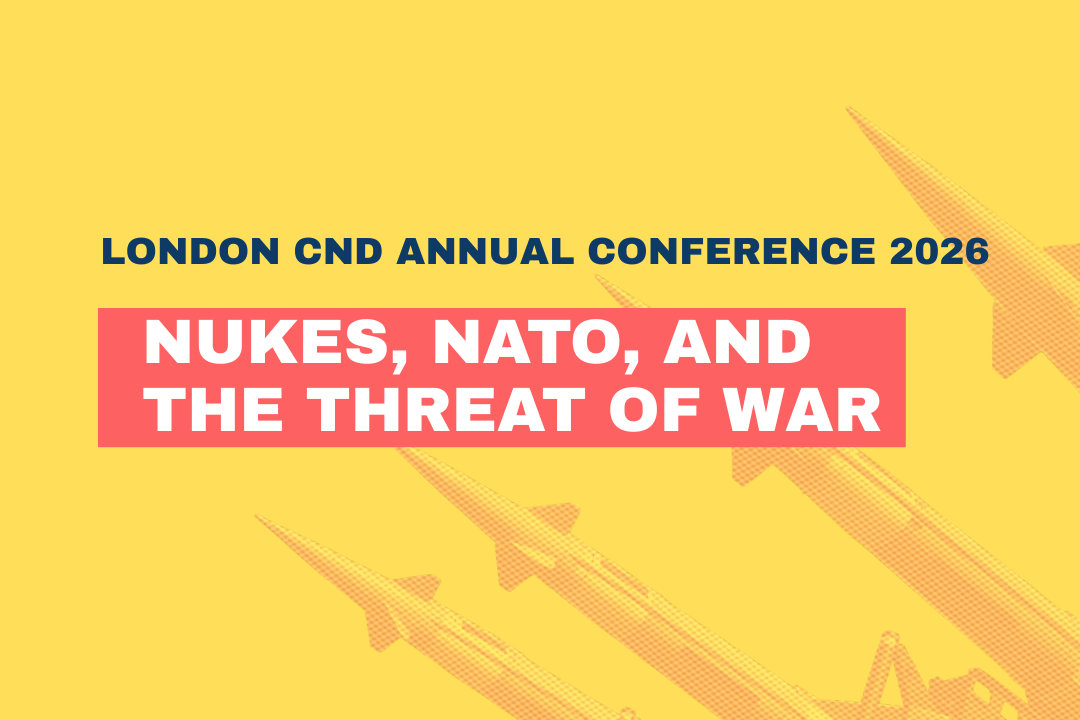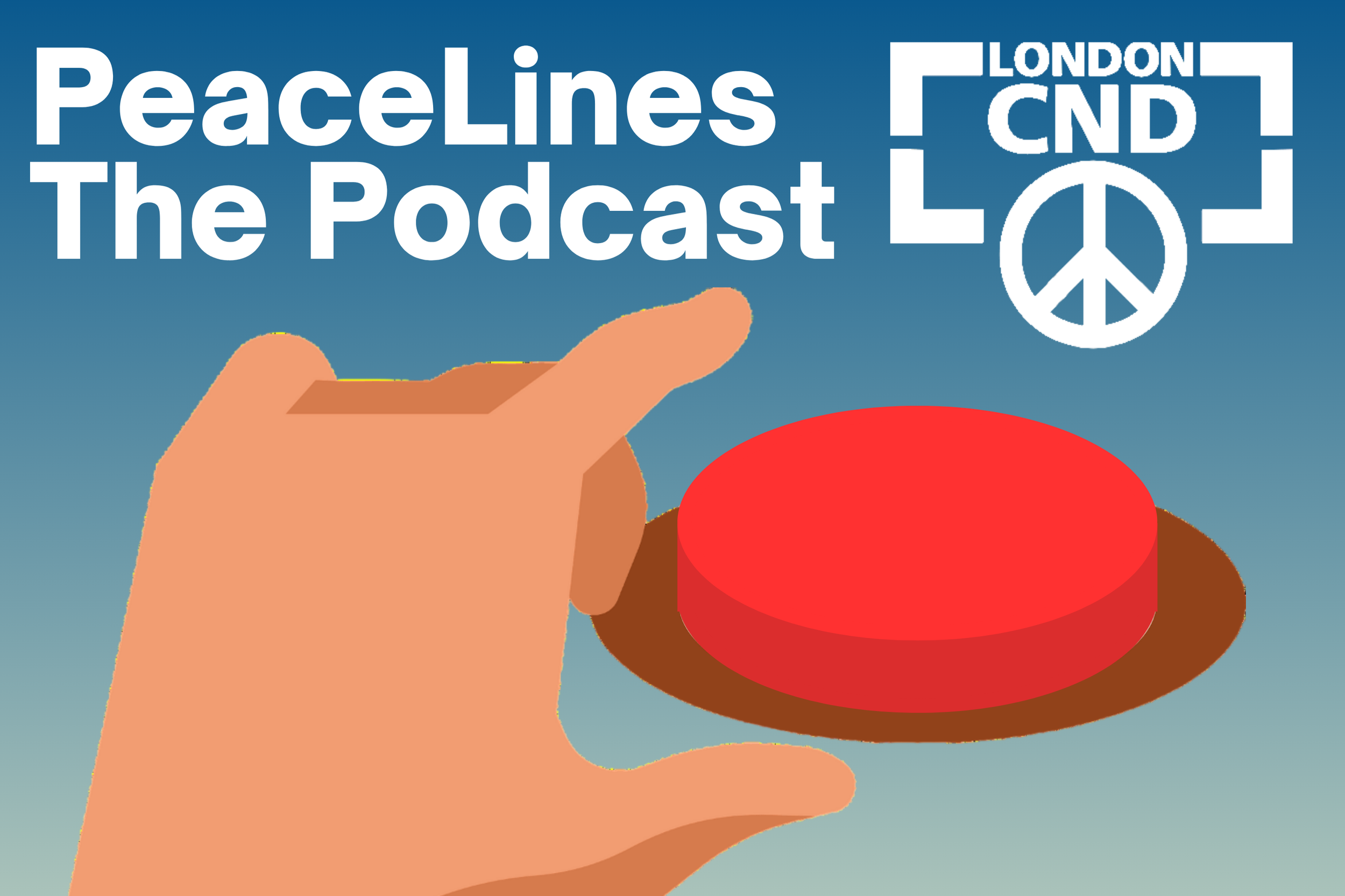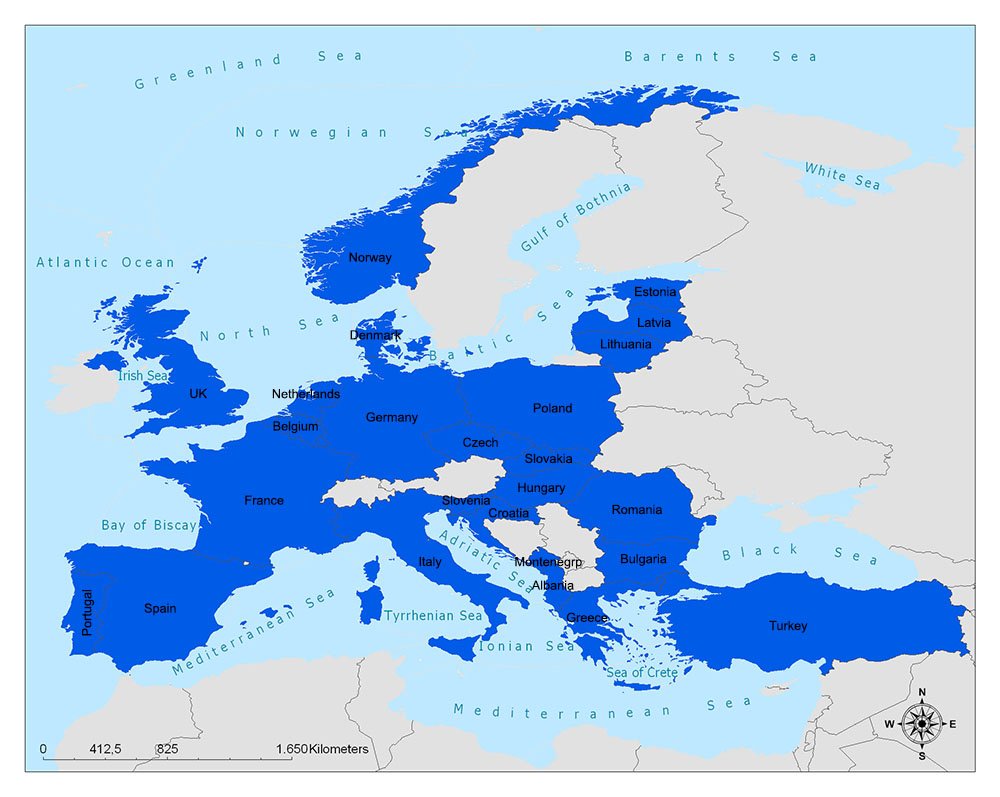The outcome of the Ukraine conflict is a potential game changer for international politics. It also brings the terrible prospect of nuclear war closer than it has been for many decades.
CND perspective
CND recognises how much the people of Ukraine are suffering. We also recognise Ukraine carries a much wider potential – for an existential conflict between two nuclear powers, Russia and the United States. These two have almost 12,000 nuclear weapons between them, some of which are 3,000 – that’s right three thousand times more powerful than the bomb dropped on Hiroshima.
The fireball created by the US atom bomb destroyed 13 square kilometres of the city, and left up to 180,000 dead. Three days later, the bombing of Nagasaki added another 50,000 to 100,000 to the death toll.
Those who survived the initial detonation and the firestorms suffered radiation poisoning. And long after the bombings, survivors – the Hibakusha – are still more likely to experience leukaemia and malignant tumours, not to mention post-traumatic stress disorders. A third generation of Hibakusha – the grandchildren of the original survivors are suffer right now, with increased susceptibility to cancers and the like.
Despite what we know about nuclear war, we’re hearing one light-minded comment after another from politicians and media pundits. Sadiq Khan, the Mayor of London, offered one of the most staggering. London he said, is – and I quote – ‘well prepared for nuclear war.’
CND supports a ceasefire and is calling for:
a de-escalation of the Ukraine conflict
a withdrawal of Russia troops
an end to Nato expansion, and
a return to the negotiating table to make the Minsk agreements work.
This is the path we want the British government to pursue – not the irresponsible, macho chest-beating war propaganda that’s streaming out of our TVs, radios and newspapers.
And it’s CND and Stop the War’s job to do everything we can to get that across.
I believe that tensions between Nato and Russia, which have been building for three decades are the spark that ignited the present conflict between Ukraine and Russia.
NATO what it is and what it’s not
False claims
Nato would have us believe it’s a defensive alliance. It’s not.
It does not guarantee democracy and security – as the people of Afghanistan and the Middle East would be the first to testify.
Nor has Nato ushered in an era of peace in Europe. Contrary to assertions by the BBC that Ukraine is the first war in Europe since 1945, Nato’s aerial bombardment of Serbia in 1999 was the first military attack on a sovereign European country since the end of WWII. It took place without UN approval and is widely regarded as illegal under international law.
Russia on the other hand claims it’s encircled by Nato and threatened by US nuclear weapons stationed nearby its borders. Judge for yourselves:
The North Atlantic Alliance is a nuclear-armed alliance committed to using nuclear weapons pre-emptively in a military conflict whether or not its adversaries possess nuclear weapons. Since the 1950s, Nato has rejected successive calls to adopt a nuclear no-first use policy.
Declassified US documents testify to the fact that the use of nuclear weapons was actively considered during Nato’s first military engagement, the Korean war of 1950-53.
Three Nato members are nuclear weapons states – Britain, France and the US. Five EU members – Belgium, Germany, Italy, Netherlands, and Turkey – host US nuclear weapons on their territories, pledged to deploy them if Nato so decides.
The US and Nato allies do not disclose exact figures for their European-deployed nuclear stockpiles. Last year the Centre for Arms Control and Non Proliferation estimated there are 100 US-owned nuclear weapons stored in those five Nato member. This is the organisation which produces Nukes of Hazard blogs and podcasts if you’re familiar with that.
Seven more European Nato members provide conventional for US / Nato nuclear operations – including Czech Republic, Hungary, Poland and Romania in Eastern Europe, as well as Denmark, Greece, Norway.
NATO membership today
The Warsaw Pact dissolved in July 1991 after the collapse of the Soviet Union. By contrast Nato extended its area of operations. In the ensuing three decades, it has expanded its mission statement and enlarged its membership.
There are currently 30 Nato member states. Additionally, Nato works with 40 non- member partner states across the globe on a wide range of political and security- related issues.
Nato enlargement is best described visually rather than in words. Here’s a map showing European Nato members in relation to Russia. Since 2016, when the map was produced, Montenegro and North Macedonia have joined Nato.

